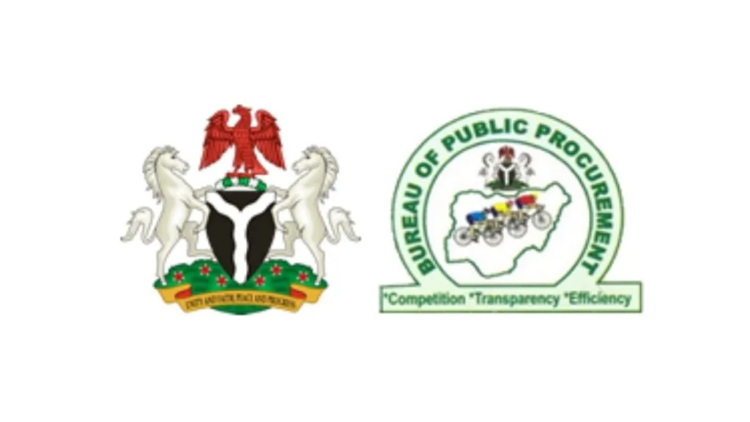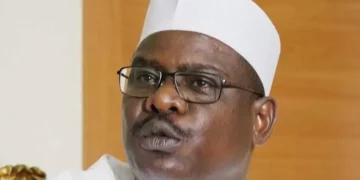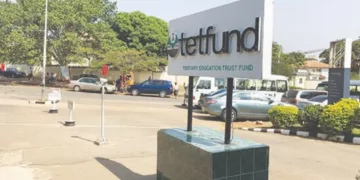Federal government has taken a decisive step to boost local production and industrial development by signing a Memorandum of Understanding (MoU) between the Bureau of Public Procurement (BPP) and the National Agency for Science and Engineering Infrastructure (NASENI).
The agreement, signed in Abuja yesterday, aims to prioritise Nigerian-made products in public procurement processes by ministries, departments and agencies (MDAs).
At the ceremony, the director-general of BPP, Dr. Adebowale A. Adedokun, described the MoU as “a structured bridge between production and procurement,” designed to move local innovations from the shelves to the heart of public service delivery.
“We are not just signing an agreement. We are building a pipeline from Nigerian innovation to national transformation,” Adedokun said, noting that public procurement accounts for nearly one-third of national expenditure and remains one of the most powerful tools for economic stimulation and job creation.
Under the agreement, NASENI’s locally developed technologies—including tractors, tablets, surveillance drones, and solar backup systems—will be integrated into the Nigeria Open Contracting Portal (NOCOPO).
This integration will allow MDAs to access, verify, and prioritise certified local products when planning and executing procurement.
Adedokun emphasised that the shift is not protectionist but patriotic, adding that NASENI’s products are certified by standardisation bodies such as SON and NAFDAC.
“Our role at the BPP is to ensure these standards are rewarded with access,” he said.
He also highlighted three key implementation strategies: the NOCOPO integration, revised procurement thresholds to encourage faster action by MDAs, and the formation of a Technical Working Committee to align production with procurement cycles.
He added that over 7,000 procurement professionals trained under the SPESSE programme would now be better equipped to evaluate local content and technical specifications.
“This is not the end. It’s the launchpad. Let every naira spent through public procurement strengthen our factories, empower our engineers, and affirm our belief in Nigeria,” Adedokun said.
In his remarks, the Executive Vice Chairman of NASENI, Mr Khalil Suleiman Halilu, described the MoU as a major boost for the country’s industrial ambitions.
He revealed that the agency has developed over 50 market-ready products and attracted over $2 billion in foreign investment in the past year through partnerships and counterpart funding arrangements.
“We’re calling this a revolution—one that starts with Nigeria saying Nigeria matters. This MoU solves a major challenge we’ve faced with investors who often ask whether the government will patronise local innovations. Now we have a clear answer,” Halilu said.
He disclosed that NASENI is developing the region’s largest renewable energy park in Kebbi State and advancing plans for electric vehicle and electronics manufacturing hubs within the Abuja Industrial Park and Technology Village.
Halilu also called on other sectors to adopt similar strategies to support local innovation, adding that NASENI is ready to collaborate across sectors to implement the “Nigeria First” policy.
Both leaders praised President Bola Ahmed Tinubu for providing the vision and mandate that led to the collaboration, describing the agreement as a key driver of the administration’s Renewed Hope Agenda.











